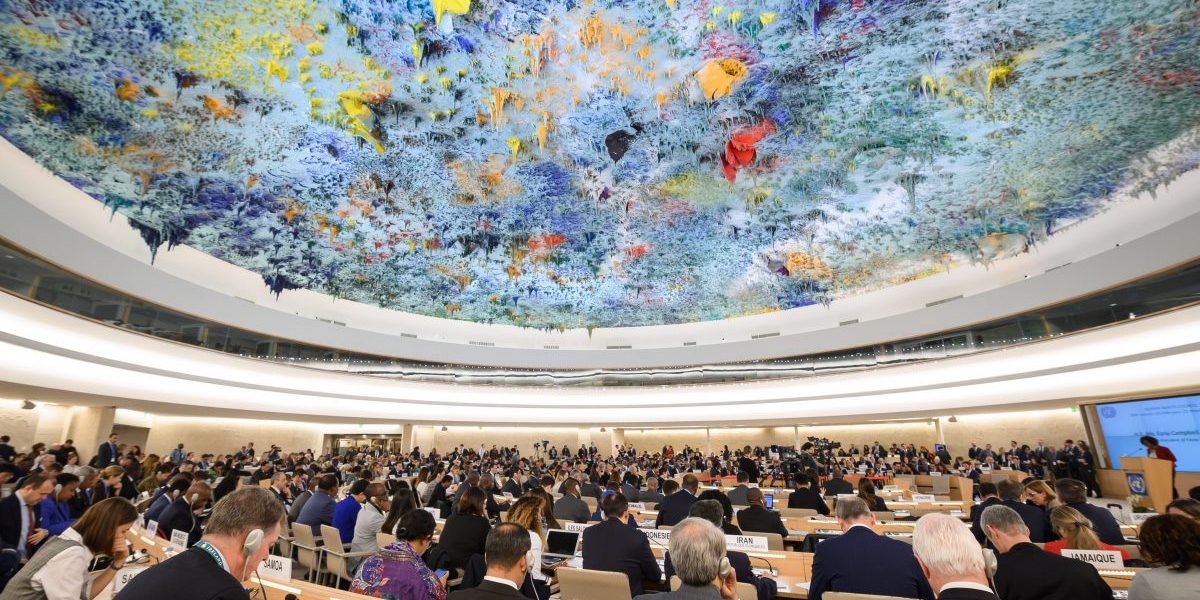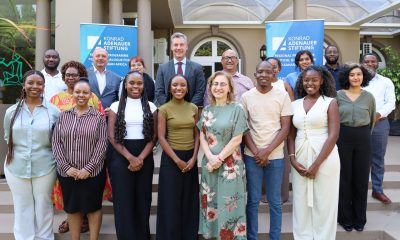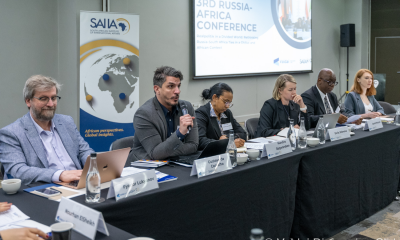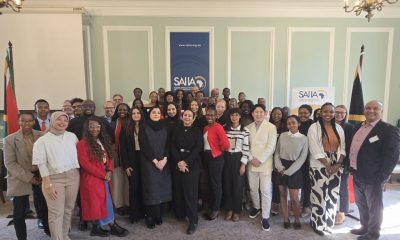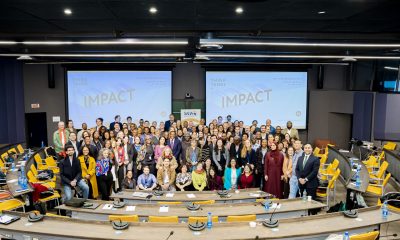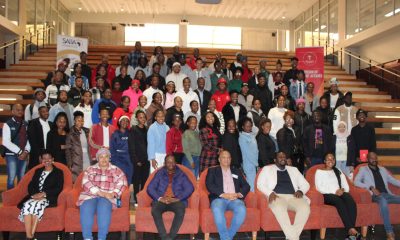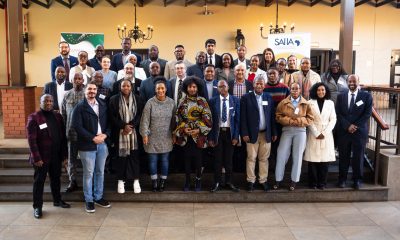This question and others were addressed at a public panel and an experts’ seminar, on 12 to 13 May 2014, organised by SAIIA, the Ford Foundation and the Norwegian Peacebuilding Resource Centre.
Entitled ‘Human Rights, Emerging Powers and International Governance: Civil Society Actors and Transnational Advocacy in the 21st Century’, discussions looked at how the multipolar nature of international politics means that all states, including emerging powers, frequently act in hypocritical and contradictory ways on human rights. At the same time, democratisation at home does not automatically mean increased support for human rights abroad, and emerging powers are often reluctant to criticise others due to fears of inviting criticism of their own records. Collective action to protect human rights also tends to be hit-and-miss, as exemplified in the application of the responsibility to protect (R2P) principle in Libya.
SAIIA has produced a new set of publications adapted from presentations made during the seminar:
‘The Courts: Lights That Guide Our Foreign Affairs?’, by Nicole Fritz.
‘Africa and the Global Human Rights Agenda: The African Group at the UN Human Rights Council’, by Philippe Dam.
‘Will Rising Democracies Adopt Pro-human Rights Foreign Policies?’, by Ted Piccone.
‘Challenging the Negative Discourse on Human Rights in Africa’, by Tiseke Kasambala.
Where states fail to promote human rights, non-governmental organisations (NGOs) have a role to play, specifically in emerging powers. For instance in South Africa, public support for an issue can often elevate it to the national agenda. In 2008, civil society successfully blocked an arms shipment destined for Zimbabwe. Yet to carry out such work, NGOs need funding and many struggle to raise finances for their work locally and receiving funding from abroad means that they are often accused of advancing the Western political agenda.
To get around this issue, NGOs may need to position themselves as resources as opposed to representatives on issues. Engaging with governments in a constructive way and offerings alternative solutions is important if they are to achieve positive change.
To read more about these events, download the workshop report, ‘Human Rights, Emerging Powers and International Governance: Civil Society Actors and Transnational Advocacy in the 21st Century’ (343.26 kB)‘.

